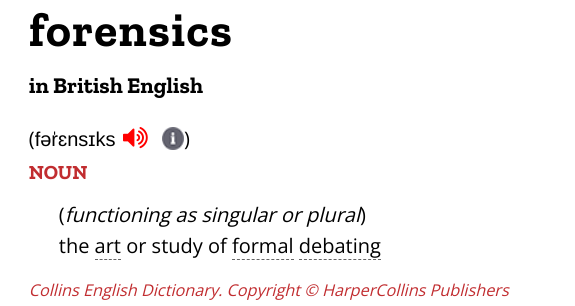Customer Relationship Management (CRM) is a strategy that companies use to manage interactions with customers and potential customers. CRM helps organisations streamline processes, build customer relationships, increase sales, improve customer service, and increase profitability.
There are of course many software packages, and (in this smartphone-centric ...
<tangent>
I heard on the radio this morning of a restaurant in Verona that is offering a free bottle of wine to diners who agree to relinquish their mobile phones for the duration. The man on Radio 3 didn't – as is his wont – attribute this snippet of news, but I found it in this piece in Monday's Guardian:An Italian restaurant is offering a free bottle of wine to customers who relinquish their mobile phones during meals.
Angelo Lella, the owner of Al Condominio, a restaurant that opened in the northern city of Verona in March, said the aim was to encourage diners chat to each other instead of constantly glancing at their phones.
“We wanted to open a restaurant that was different from the others,” he said. “So we picked this format – customers can choose to renounce technology while enjoying a convivial moment together. Technology is becoming a problem – there is no need to look at your phone every five seconds, but for many people it is like a drug … This way they have an opportunity to put it aside and drink some good wine.”
Her words 'like a drug' have a basis in fact. I believe the same dopamine receptors are involved in drug dependency and mobile dependency, and I suspect similar physical withdrawal symptoms affect both – FFS as they used to say in the standards world: 'for further study'.
</tangent>
...brave new world) apps that provide support for CRM,
<autobiographical-note>
The NHS must be using one such package, as this experience attests: last week I was at the Royal Marsden for a check-up involving a short consultation preceded by a blood test. The phlebotomist was chatty and friendly, and after giving her my name I added 'People usually call me "Bob".'After she'd done her stuff I went back to the waiting area to settle in for my usual hour or two's wait. But before I had even sat down a nurse called for "Bob Knowles" (not the usual "Robert" of that ilk). The phlebotomist must have had a CRM app open at the entry for "Robert Knowles" and filled in the (previously blank) "Preferred common name" field. And later the same day I received a letter addressed to "Bob". From now on I fear I'll always be "Bob" in all contexts, formal or informal. I question whether this 'improve[s] customer service'.
</autobiographical-note>
All Trussed Up
Earlier this week I listened to the Liz Truss interview on Newscast. This was met in the Newscast section of Discord with the foreseeable anti-Truss reception (much of which I agree with). One among many was this:
<rant>
(and spare me from the 'titled' nonsense – I've explained elsewhere [that's the first of many whinges] why that suits the social background of American English; old fuddy-duddy that I am I'm sticking to my British English guns [flintlocks though they may be]).</rant>
...'Who Killed Liz Truss?' Unarguably she made several gross missteps (I initially wrote 'miscalculations', but decided that that was giving her too much credit for strategic thinking), but it turns out that her finger-pointing at other culpable participants in the tragi-comedy/farce was to some extent justified.
So. unlike that contributor on Discord (who couldn't bear a second listen) I did go back and listen to the Truss interview again, giving her credit for not taking all the blame.
But this has gone on long enough, and the lawn is crying out for attention.
b



















